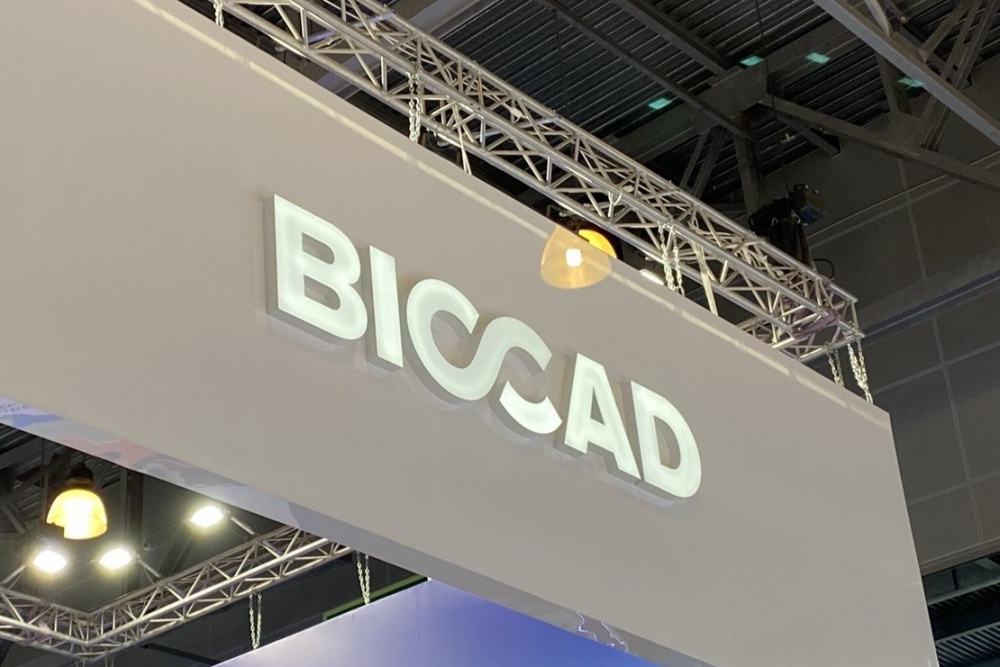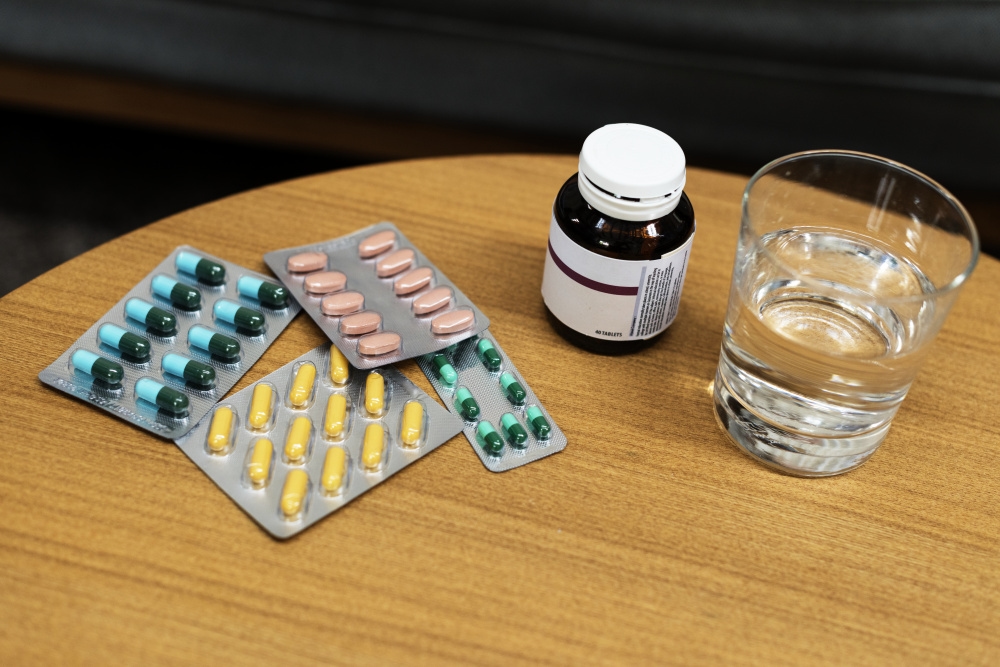Biocad has begun enrolling patients for a Phase III clinical trial of its ocrelizumab.

The state registry entry states that the Biocad clinical trial will be conducted as a double-blind, randomized study of efficacy and safety. The Ministry of Health's approval will be valid until the end of 2029. The list of medical organizations where the work is planned to be conducted includes 34 institutions, including the Federal Siberian Scientific and Clinical Center of the Federal Medical and Biological Agency (FMBA), the Federal Center for Brain and Neurotechnology of the Federal Medical and Biological Agency (FMBA), Rostov State Medical University, the Center for Cardiology and Neurology in Kirov, the National Center for Socially Significant Diseases in St. Petersburg, the N.P. Bekhtereva Institute of the Human Brain of the Russian Academy of Sciences, the Neftyanik Medical and Sanitary Unit in Tyumen, and the First Saint Petersburg State Medical University named after Academician I.P. Pavlov.
The pharmaceutical company's website also provides participant requirements and patient exclusion criteria. Specifically, at the time of signing the informed consent form, trial participants must have had at least one relapse within 12 months, or two relapses within two years, or one brain lesion detected by MRI with one relapse within two years. Exclusion criteria include, among others, a malignant form of MS and diagnosed HIV infection, hepatitis B, and hepatitis C.
Biocad received approval for the Phase I clinical trial of BCD-281, the first of its kind in August 2024. The company reported to Vademecum that during this phase of the study, BCD-281 was thoroughly studied, and its biosimilarity to the original ocrelizumab was demonstrated across all comparable parameters. Furthermore, the clinical trials demonstrated similar safety and low immunogenicity for both drugs.
Ocrelizumab is the world's first drug approved for the treatment of primary progressive MS. It is a recombinant humanized monoclonal antibody that targets CD20 B cells, reducing inflammation and slowing tissue damage. The drug is also used for relapsing forms of the disease. It received breakthrough therapy designation in the United States in 2016 and was registered in Russia in 2017. Roche's patent rights to ocrelizumab, according to the Eurasian Pharmaceutical Register, are valid in Russia until 2030.
In 2019, the originator announced its intention to localize ocrelizumab production at R-Pharm's facilities. Following this announcement, the drug was shipped to the liver in 2021. The Russian company was the sole participant in the Ministry of Health's first targeted procurement, totaling 1.8 billion rubles. The price of a single package of Ocrevus was 257,900 rubles, compared to the registered maximum price of 259,100 rubles excluding VAT.
In subsequent years, government procurement volumes for ocrelizumab steadily increased until 2024: in 2022, the Federal Center for Prevention and Prevention of the Role of the Russian Federation in the Protection of the Population signed contracts for 5.3 billion rubles, in 2023 – for 1.99 billion and 13.16 billion rubles, respectively. In 2024, the federal center held a total of six tenders for the supply of ocrelizumab, with a total value of 2 billion rubles. In November of that year, Roche confirmed in an information letter that Ocrevus supplies to Russia were proceeding in full and without interruption. The drug's registration certificate states that secondary and tertiary packaging are manufactured at the Ortat plant, part of the R-Pharm Group, where release control is also carried out.
In August 2025, the Federal Center for Prevention and Prevention of the Region's Diseases (FCPDLO) announced a major tender for the supply of the drug, with an initial maximum price of 17.7 billion rubles. However, the tender was cancelled and reopened by the institution in early September with adjusted parameters: the requested drug volumes were reduced almost in half, and the initial maximum price was lowered to 10.54 billion rubles. The decision was prompted by an appeal to the federal center from an unnamed company announcing plans to launch a domestic biosimilar of ocrelizumab in 2026.
Currently, according to the State Register of Medicines, R-Pharm (the company received approval in February 2025), Generium (received approval in October 2024), and Iran's CinnaGen (two approvals in December 2024 and February 2025) are conducting their thematic Phase I clinical trials. Biocad thus became the first company in Russia to initiate Phase III clinical trials of its biosimilar ocrelizumab.
Roche also continues to study the efficacy of the original Ocrevus in Russia through international multicenter clinical trials. Currently, the company has 12 approvals for such projects in the state registry (five of which have already expired). Roche received its most recent approval for the study in August 2025. During the trial, scientists plan to evaluate the impact of MS on physical function from the patient's perspective, provide extended access to ocrelizumab therapy, and assess the drug's safety and tolerability.
vademec





